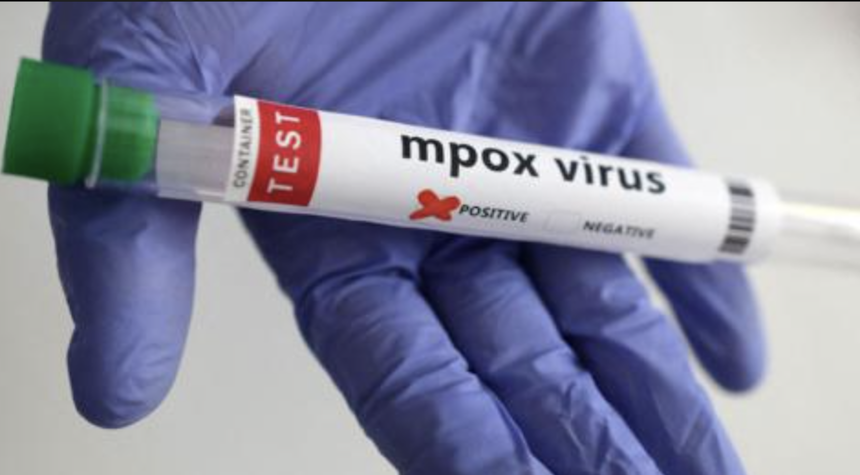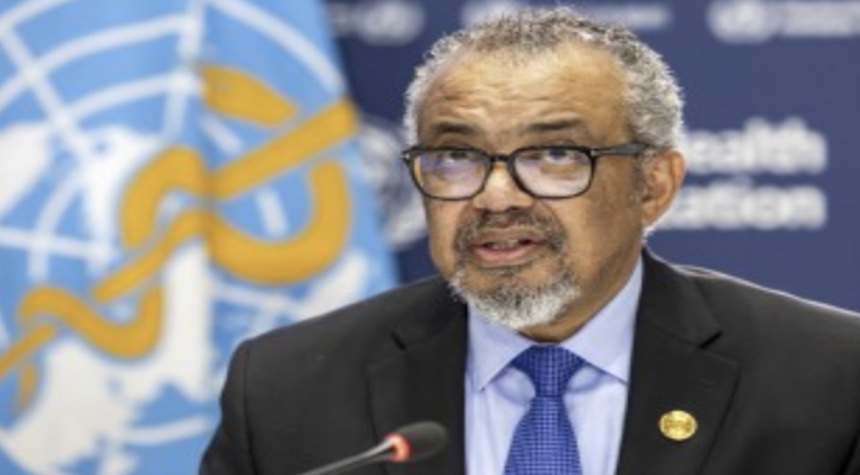The World Health Organization (WHO) has declared that the outbreak of mpox in Africa is no longer an international health emergency,” the director of the U.N. agency today reported.
The strain of mpox in question first appeared in early 2024 in Congo and neighboring African nations, transmitting through close physical contact, including sexual contact. A global health emergency status was conferred upon it by the WHO in August of the same year.
WHO Director-General Tedros Adhanom Ghebreyesus informed the press today that the emergency panel initially formed in the aftermath of the outbreak has suggested that the situation no longer warrants international emergency status. “I have accepted that advice,” Ghebreyesus asserted.

A declaration of an international emergency by the WHO, the health agency’s most severe warning, leads to the release of resources and amplified public awareness campaigns, among other measures.
Yet, the WHO Director-General was cautious, stating, “Of course, lifting the emergency declaration does not mean the threat is over, nor that our response will stop.”
Mpox, a rare disease caused by a virus in the same family as smallpox, is endemic in certain regions of Africa. It is contracted through bites from rodents or small animals. Symptoms range from fever, chills, and body aches, in milder cases, to the development of lesions on the face, hands, chest, and genitals in more severe instances.
As this situation continues to unfold, we must remember the importance of staying informed and understanding the nuances of such global health concerns.

